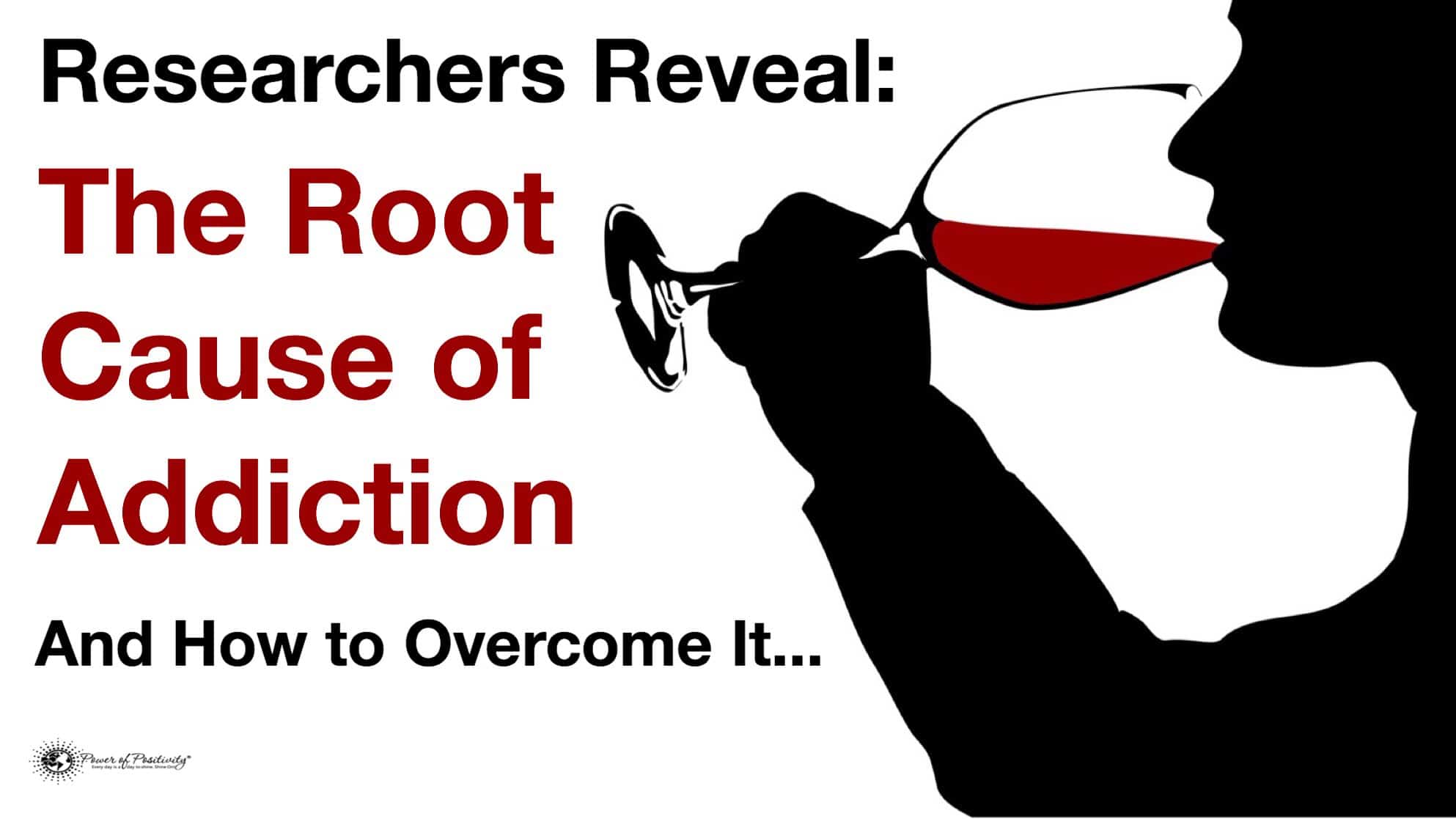For both people who have addiction and those who love them, darkness is an all too familiar place. Loving an addict sometimes requires “showing light” when everything feels dark.
Feelings of futility and dread are felt by both parties – and overwhelming uncertainty about what the future holds persists.
A feeling of impossibility.
Not every addict will experience the same fate; nor will every person who loves them. Loving an addict can be incredibly frustrating. It’s not uncommon for addicts to lie, manipulate, and guilt-trip in order to experience the only thing that will make them “right” again: the next fix.
As frustrating as loving an addict may be, it is a path to be taken. How we determine to walk that path is up to us.
Here, we discuss 10 things to remember when someone you love suffers from any form of addiction. We’ve approached this issue with both objectivity and compassion; applying many recommendations from experts on the topic.
Always remember:
“Walking with a friend in the dark is better than walking alone in the light.” -Helen Keller
10 Things To Remember When The One You Love Suffers From Addiction
1. Addiction changes the person
Once an addiction grabs hold of someone, they are not the same – an unfortunate truth, but the truth nonetheless. Addiction rewires the brain, distorting reality to the point that the addict no longer recognizes themselves. They ultimately become a different person.
The sooner a loved one realizes and accepts this fact, the sooner they can begin responding to the addict in a way that promotes healing (more about this below.)
2. Don’t be afraid to say “No.”
Overcoming addiction is only possible when the addict realizes that staying the same is worse than the alternative. Addiction controls the person, not the other way around – and loved ones must understand and accept this.
In an addicted state, they’ll go to their family and friends for “help.” Maybe twenty bucks, a ride someplace, borrowing a cell phone, etc. In reality, this “help” is an enabler. It’s important to have the strength to say “No” when this is the case.
3. Be realistic about things
Loving an addict will always produce some sense of fear. The most convenient way to defeat fear is to deny its presence, which many people do. Loving an addict requires that one maintains a realistic outlook; this means not denying when something feels “off,” and resisting the urge to look past the addiction for a “favor.”
4. Don’t accept their distorted beliefs
More specifically, do not buy into their belief that they cannot live without their addiction. This isn’t easy, as an addict will indeed reach a point where they believe this to be true. Even though they may not know change is possible, you do. Recovery demands accountability from both the addict and their inner circle; of which, the latter plays a significant role.
5. Be resolute, even if things seem to get worse
When a loved one decides to stand their ground and reject any more excuses or distorted beliefs, the addict will become difficult to handle. Prior efforts to lie or manipulate are often elevated, as the addict desperately seeks resources to support their habit. A determined, undeterred mindset in this regard is critical.
6. Set clear (but loving) boundaries
Setting strict boundaries with an addict may seem harsh and unfair, but this couldn’t be any more untrue. Establishing limitations is essential, as is unbudgingly sticking with them. Boundaries allow the loved one to maintain a clear outlook; one free from the self-imposed, false realities of the addict.
7. Keep yourself in mind
As evident, loving an addict involves a significant amount of effort and stress. It is important, then, that the loved ones realize the importance of taking care of themselves. Recognizing that caring for themselves first will enable them to better care for the addict is vital
8. Distinguish between helping and enabling
When our loved ones are suffering, it is natural to offer our support in response. When dealing with an addict, understanding the difference between “helping and “enabling” may be the difference-maker in their recovery. In short, helping an addict supports the person. Enabling supports the addiction.
9. Don’t blame the addict or yourself
Although an addict may bear some responsibility for their habit, it is important to refrain from laying blame on them. Though they may not say it, they’re likely already deeply ashamed of their addiction. Blaming hurts the loved one as well, by inciting emotions of anger and regret.
10. Let them know they’re loved
Gosh, how important this last one is. Letting the person know that you have – and always will – love them is so very powerful. Say it as often as you can.



















